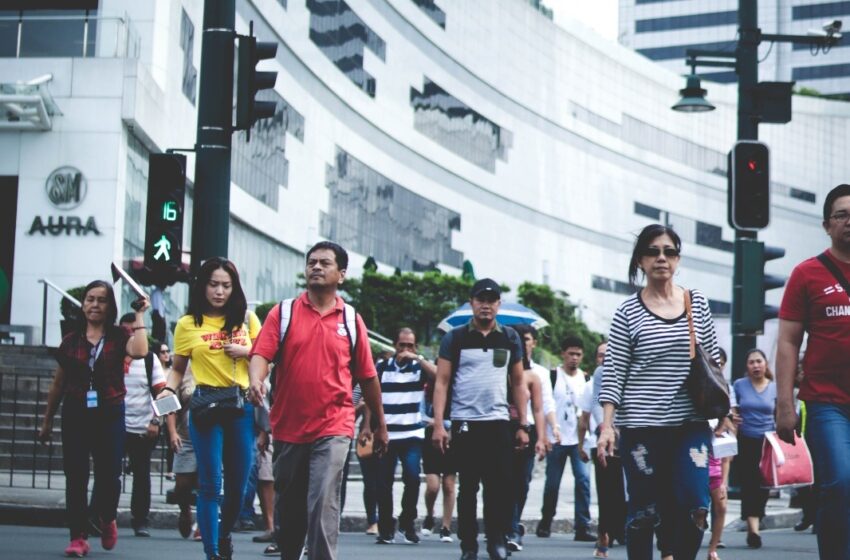Empowering Workforce in a Changing Environment: Singapore’s Adoption of Flexible Work Arrangements

As Singapore gears up for the imminent release of guidelines on flexible work arrangements (FWAs), Minister of State for Manpower Gan Siow Huang emphasizes the increasing relevance of such policies. A diverse workgroup, including government representatives and trade unions, collaborates on developing best practices for implementing FWAs, fostering an inclusive approach to various work arrangements. The upcoming norms include staggered hours, part-time work, and telecommuting, aligning with the evolving global work landscape post-pandemic. While addressing the implementation challenges, experts stress the importance of a culture of trust and fair performance appraisal systems within organizations.
To adapt to the changing dynamics of work and address the growing need for caregiving roles, Singapore is set to roll out comprehensive guidelines for Flexible Work Arrangements (FWAs). Minister of State for Manpower, Gan Siow Huang, emphasizes these guidelines’ critical role as Singaporeans increasingly take on caregiving responsibilities in an aging population.
The Imperative of Flexibility
As Singapore grapples with an aging demographic, the upcoming guidelines on FWAs are poised to become a cornerstone in fostering an environment that supports both work and caregiving duties. With an emphasis on the aging population, Minister Gan highlights the duty to create a supportive environment, ensuring individuals can effectively balance their professional and family commitments.
Formulating Comprehensive Guidelines
A collaborative effort involving government representatives, the National Trades Union Congress (NTUC), the Singapore National Employers Federation (SNEF), and various professional bodies has been underway since September last year. The aim is to develop guidelines that facilitate the implementation of FWAs. These guidelines will encourage businesses to consider various flexible arrangements, ranging from staggered hours to part-time work.
Caregivers and Beyond Widening the Scope of Flexibility
While the primary focus of FWAs is on caregivers, NTUC assistant secretary-general Yeo Wan Ling notes that the benefits extend beyond this group. Younger workers seeking diverse work arrangements to balance education and employment also stand to gain. The guidelines, therefore, aim to cater to a broad demographic, aligning with the varied needs and expectations of the workforce.
Potential Flexible Arrangements
Under the upcoming guidelines, employees will be empowered to request flexibility formally. Teleworking, commonly known as “work from home,” has gained prominence globally, especially during the COVID-19 pandemic. The guidelines also explore the compressed work week, a model some countries adopt. Belgium, for instance, became the first European country to legislate a compressed work week in 2022.
Addressing Challenges and Building Trust
Implementing flexible work arrangements necessitates building a culture of trust within organizations. Yeo emphasizes the importance of fair assessment mechanisms for flexible work arrangement requests and the need for robust performance appraisal systems. Dr. Brandon Koh, a human resource management program lecturer, stresses the significance of tailoring flexible arrangements to individual needs and maintaining consistent and equitable performance standards.
Impact on the Economy and Businesses
As Singapore pioneers a progressive approach to FWAs, it anticipates positive economic impacts. Businesses embracing flexibility will likely attract and retain talent, fostering a dynamic and resilient workforce. Moreover, implementing FWAs can contribute to a more inclusive work culture, accommodating the diverse needs of employees.
Challenges and Future Considerations
While FWAs present numerous advantages, challenges such as equitable performance standards and fair appraisals need careful consideration. Striking a balance between flexibility and maintaining consistent evaluation criteria will be crucial for the long-term success of such arrangements.
Conclusion
As Singapore charts its course toward a future of work that prioritizes flexibility, the upcoming guidelines on FWAs represent a pivotal step. By acknowledging the diverse needs of its workforce and addressing the challenges associated with flexible arrangements, Singapore aims to create a work environment that is both supportive and adaptable. These guidelines’ success will impact caregivers and resonate with a broader spectrum of professionals, contributing to Singapore’s continued economic and social development.







